James Garza,
National Press Photojournalists: A Code of Ethics
List at least seven things that the NPPA expects from photojournalists.
1. invasion of privacy
2. intrusion
3. private facts
4. false light
5. appropriation
6. libel
7. obscenity
Ethical Considerations Scenarios:
Read the following scenarios and answer the following questions as both a photographer and photo editor. Post the answers in the blog section.
1.
Photographer: You are working with a reporter on a story about a coach who holds some national records for weightlifting. You still need a shot of him working out, so you arrange to meet him at the gym and take pictures of him lifting weights just as he normally does. Make an argument for running your photo.
Photo editor: Do you run this set-up photo? Why or why not?
No, because we both agree to meet and its probably not what he normally does.
he might do better or worse, depending on what the situation is about.
2.
Photographer: A baby left in a locked car died from the heat. You heard about it on a police scanner and were able to get a picture of the policeman taking the baby out of the car.
Photo editor: Do you run this as a warning to other parents? Why or why not?
yes, as long as its ok with the police, and your not on private property its fine.
others must see what could happen, and learn from others mistakes, or accidents
3.
Photographer: A fire escape collapses during a fire, plunging a woman to her death. A child who also falls miraculously survived. You get a picture of them in mid-air, just as the fire escape gives way. The photo is a potential Pulitzer Prize winner.
Photo editor: Do you run this photo of a woman falling to her death? Why or why not?
i would still run the photo, because its a miraculous thing for the child that survived, and will make a great story.
4.
Photographer: A woman takes off her clothes in protest of being denied entrance to a building. You get a picture of her protest.
Photo editor: Do you run this photo of a nude woman? Why or why not?
no, because she’s on private property and its inappropriate, and could get in trouble.
5.
Photographer: During a news conference, an important political figure makes an obscene gesture at some hecklers in the crowd. You take the picture and turn it into your editor.
Photo editor: This is definitely newsworthy but potentially offensive. Do you run it? Why or why not?
yes, because the public must know the truth, and see what the political figures are like.
6.
Photographer: A man notifies the press that a newsworthy event will be taking place at a certain time and location. He makes a statement protesting a government action, then douses himself with gasoline and lights a match. You get some dramatic pictures of the event, potential prize winners.
Photo editor: Should you run the picture because it’s newsworthy or deny the protester the publicity he was seeking? Explain your decision.
i would run it, but not say his name or any info to give away his identity.
7.
Photographer: You photograph a family grieving over their son who drowned in a local canal. You capture them at the moment the authorities unzip the body bag for them to make identification of him.
Photo editor: Do you run this to urge other families to be cautious or respect the privacy of their grief?
no, unless the family gives you consent, because its there choice
8.
Photographer: You photograph two students exchanging money and a bag of something. You realize this would be a great photo to go with a story your staff is doing on drugs on campus.
Photo editor: Do you run this? Why or why not?
no because for all the journalist knows, it could not be a bag of candy, flowers, cards
you must make sure, and know it is for sure drugs.
you must make sure, and know it is for sure drugs.
